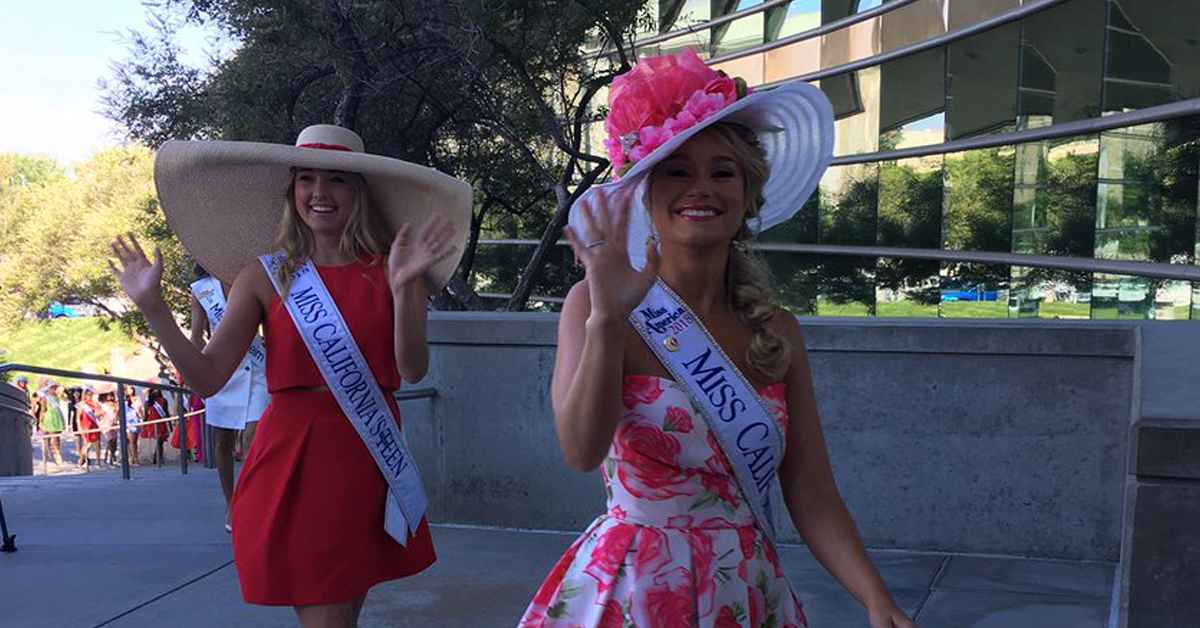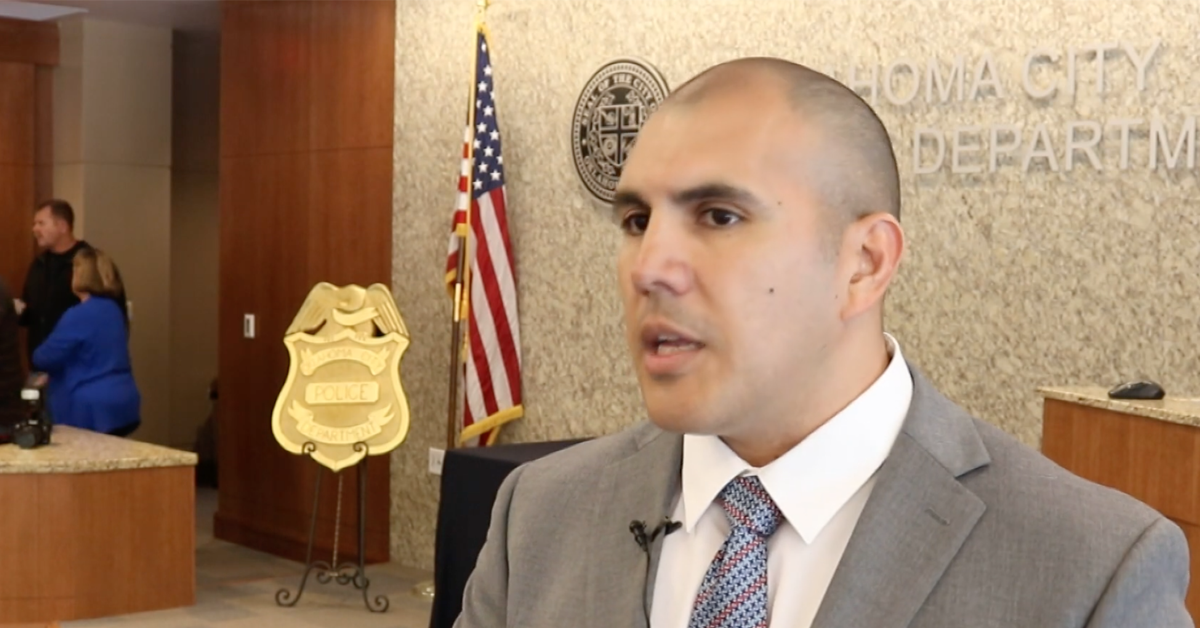SHORTSIGHTED FIRST EFFORT
Here we pause to see how debate about public health – what should be valued, what should be ignored – is the essence of the fight over code enforcement.
The Code Enforcement Task Force’s Phase One ended with a suggested blueprint for Phase Two – written by the losers.
“We, the undersigned five Task Force members, respectfully submit this Minority Report,” began an eight-page summary of where Phase One went squishy.
“After seven months of collegial and fruitful deliberations, we find that on a very few – but important – issues we could not come to consensus with our fellow Task Force Members.”
The report was signed by Dr. Matthew Jendian (chairman of Fresno State’s Sociology Department and task force co-chairman); Rev. David Joseph Criner (Faith in Community board member); Rev. Booker T. Lewis II (Faith in Community board member); Dr. Janine Nkosi (Fresno State sociology professor and Faith in Community board member); and Rev. Phil Skei (community leader).
The report’s executive summary asked the City Council at the April 2015 meeting to amend the proposed vacant blighted building law with several of proposals that had failed to sway the majority. They included:
- “Require an internal health and safety inspection of all newly unblighted properties (those previously found to be in violation of code) before they are rented to ensure properties are habitable under California law.”
- “Allow for non-profit and community groups to enforce the ordinance at no expense to the City by including a private attorney general clause” in the municipal code.
The report cast an enthusiastic eye toward Phase Two (we can start immediately if you wish, the five said), and asked that the task force next time “include Fresno tenants currently living in low-income neighborhoods.”
The state’s Private Attorney General law allows someone who has successfully sued to enforce a right to be reimbursed for legal fees by the losing side if the case turns out to have helped a lot of other people suffering the same or similar injustice. But if the winner’s case ends up helping only her, then there’s no reimbursement.
The minority report also dug into the logic behind these recommendations. Three ideas flow through it all: a.) Housing in all its complexity is critical to public health; b.) In an egalitarian society based on the rule of law, good health is a fundamental right for all; c.) Government has both the power to ensure good housing and health for all, and the obligation to use this authority with vigor.
“Vacant blighted properties undermine property values within a community … cost cities significant dollars in the form of code enforcement, police, fire, and public works … and have damaging psychosocial effects on neighborhood residents,” the report stated.
Community leaders, residents and Fresno State students in 2014 identified more than 400 vacant blighted properties in the south parts of town.
These properties “are concentrated in neighborhoods where the majority of residents are people of color in lower socioeconomic status,” the report stated. “… The Fresno Police Department considers 45% of the city’s abandoned properties a ‘public nuisance’ because houses are used for drug sales and use, prostitution, gang hangouts and other illegal activities. Furthermore, vacant lots often become dumping grounds, which can attract vermin that spread disease. All of these issues compromise the safety and well-being of those living in blighted neighborhoods.”
All this is the foundation on which the five minority report authors built their main point – firm regulation of the interior of Fresno’s housing, occupied as well as unoccupied, is the prize they’re fighting for.
“To create one healthy Fresno, a place where all families have access to safe and healthy homes and neighborhoods, we need unprecedented leadership and collaboration from the City, Council, private sector, non-profit partners, community leaders, and residents,” the minority report concluded.
The proposed amendments added to the Phase One majority report “will ultimately set the stage for strong collaboration and implementation.”










